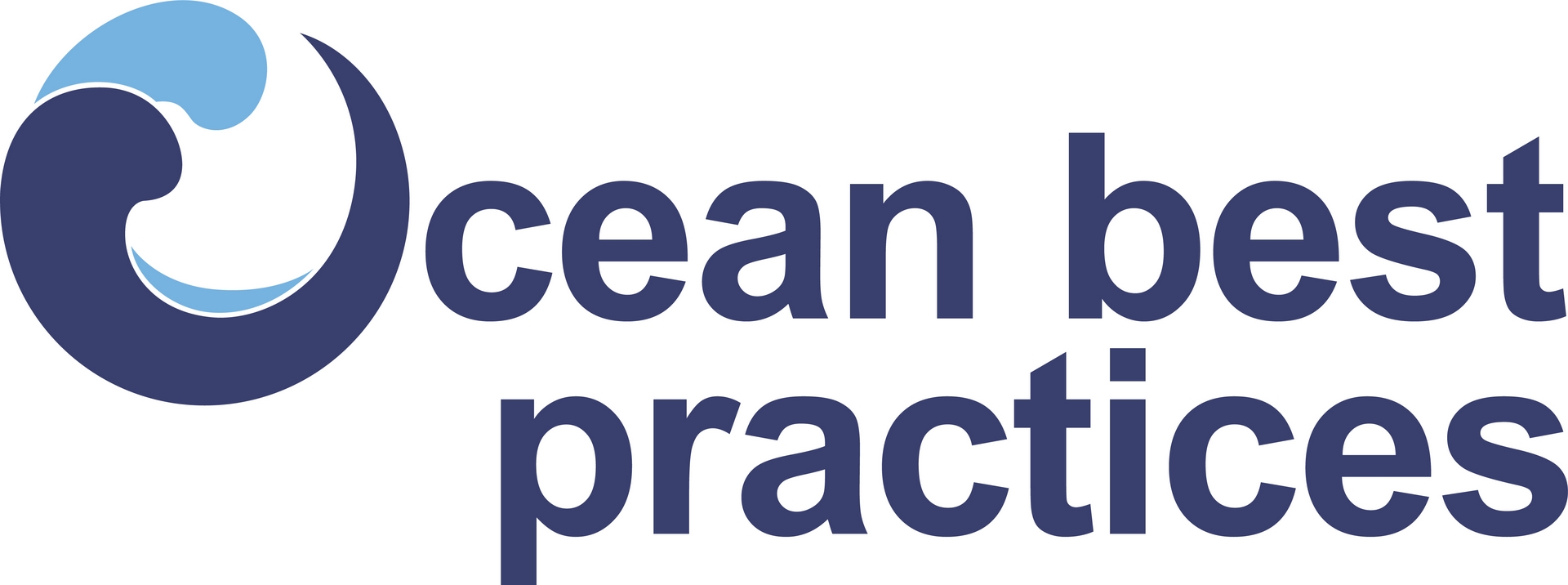The Ocean Best Practices System (OBPS) is a global initiative aimed at improving and standardising practices for collecting, analysing and sharing ocean data and information.The OBPS includes several key components:
-
Repository
, a searchable interface that houses thousands of ocean practices and allows submissions with user support
-
Scientific journal, a research theme with Frontiers in Marine Science that features peer-reviewed publications about ocean practices;
-
Training resources, a suite of tutorials and guides for users to develop and use their own ocean best practices;
-
Ocean Practices, a programme of the UN Decade of Ocean Science for Sustainable Development (2021-2030) ('the Ocean Decade')
- Advisory Board to guide the strategy; Task teams, Working Groups focussed on topical ideas and projects
-
Workshop
, an annual international event that brings together the OBP community to progress key ideas
The OBPS is part of the broader effort to better understand and manage the world's oceans, which are critical for monitoring climate change, biodiversity, and the overall health of the planet. By promoting the development and use of best practices and the collected information that they support, the OBPS contributes to the sustainability and advancement of ocean science.
Why Best Practices?
- Efficient use of time
- Collaborative opportunities
- Improved systems interoperability
- Data comparability and collectability
- Greater trust in data
- Streamlined regulatory approval
- Higher funding success
- Improved quality and consistency of observations
- Better transparency, traceability and reproducibility
- Stronger connections between data, models and applications.
Current Challenges
Achieving a trusted and efficient ocean observing system means we have to resolve technical and cultural challenges:
-
Tracing methods
that create ocean-related data, information and knowledge are not transparent.
- There are limited processes to motivate and support the convergence of methods into endorsed best practices.
- Ocean practices are undervalued and under-incentivized.
- Methodology archives and management systems in individual institutions or enterprises are strongly siloed and at times inaccessible.
- Linguistic and cultural barriers exist to discover, responsibly use, and co-develop ocean practices.
- Training in the use of best practices can be difficult to access and individual mentoring is not scalable.
- A
systematic intersection
of best practices and standards must be advanced.
- The need and importance of best practice to policy makers and funders is not always appreciated.
The challenges are discussed in more detail in the article Evolving and Sustaining Ocean Best Practices to Enable Interoperability in the UN Decade of Ocean Science for Sustainable Development.





